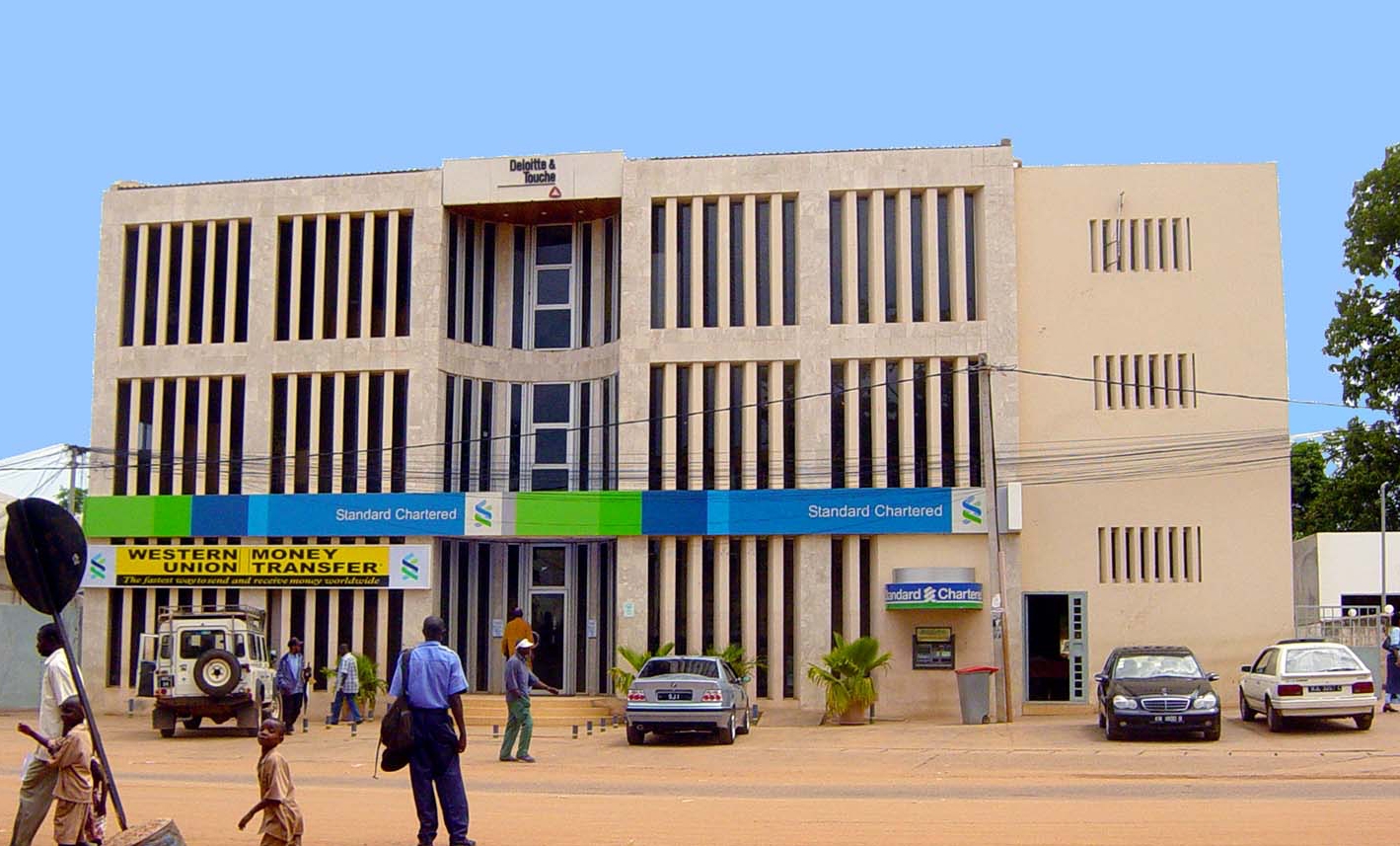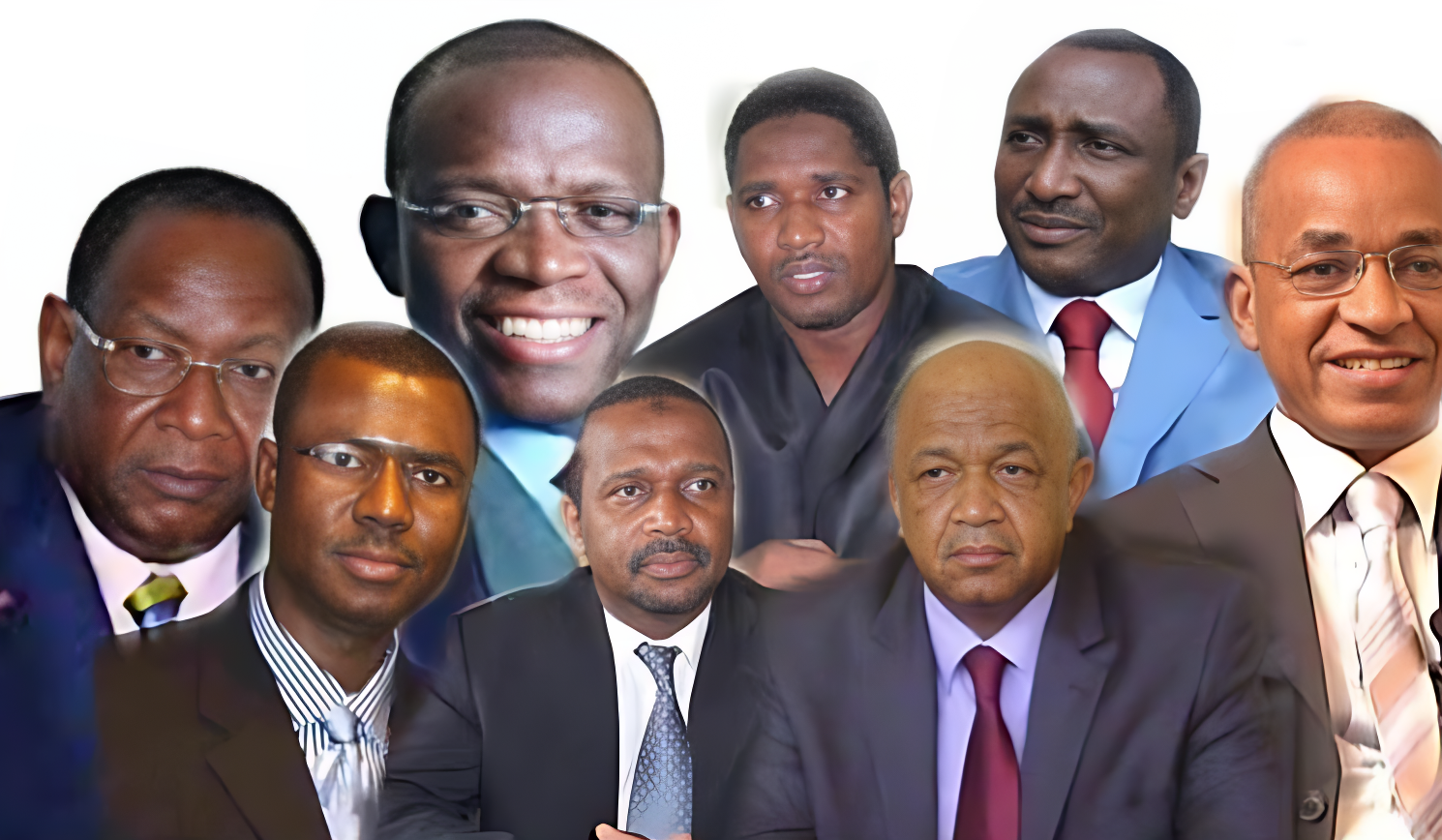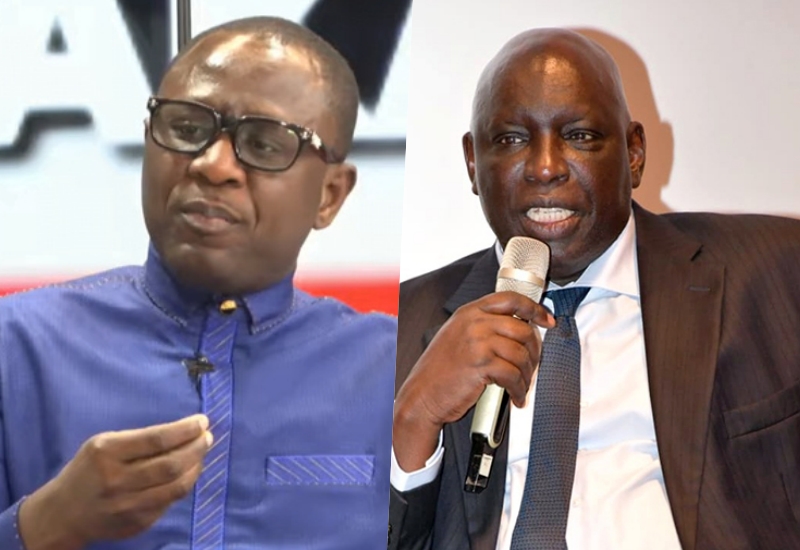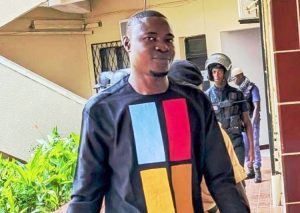Gambiaj.com – (DAKAR, Senegal) – Senegal’s fragile political climate has once again been thrust into the spotlight following the high-profile police summons of journalist Madiambal Diagne, CEO of Avenir Communication, by the Special Cybercrime Division (DSC). Though he walked free after his hearing, the incident has ignited a fierce national debate over press freedom, political intolerance, and the boundaries of dissent under the new Diomaye Faye-Ousmane Sonko leadership.
Diagne, known for his outspoken views, was summoned after relaying—through social media—remarks made by Pastef deputy Amadou Ba in connection with the explosive Sonko-Adji Sarr affair. His lawyer, Amadou Sall, was blunt: “My client is a victim in this case.”
Diagne himself remained defiant, thanking his supporters and declaring, “No one can intimidate me. I’m not backing down an inch.”
Yet his summons appears to be just the beginning of what critics describe as a worrying pattern of political policing.
Hours after Diagne’s release, Badara Gadiaga, a prominent columnist on TFM’s “Jakarlo Bi” program, revealed he had also been summoned by the cybercrime division following a fiery on-air exchange with Deputy Amadou Ba of Pastef. That confrontation had prompted Pastef officials to push the prosecutor to intervene.
The developments have triggered an immediate backlash from civil society. Birahim Seck, a prominent activist from the Civil Forum, denounced the moves as blatant overreach.
“Diagne merely relayed questions posed by a Pastef official and later called for a civilized debate instead of arrests,” Seck argued. “Summoning him to the DSC is unjustified. This is one convocation too many.”
Seck warned that these actions risk stifling Senegal’s democratic space.
“Allowing government supporters to speak freely while muzzling critics is not democracy,” he said, adding that civil society would continue to resist efforts to intimidate the press and political commentators.
Seck also condemned the National Audiovisual Regulatory Council’s (CNRA) formal notice to the Futures Media Group—home to TFM—calling it “relentless harassment.”
He accused the authorities of exploiting the void left by the suspension of the Council for the Observation of Ethics and Professional Conduct in the Media (CORED), which traditionally oversaw media ethics.
“Without CORED, there’s no regulatory compass, and the authorities are exploiting this to crack down on dissent,” he warned.
Seck’s sharpest words were reserved for the Pastef leadership itself.
“Pastef officials still behave like they’re in the opposition,” he said. “They are clinging to petty feuds while Senegalese families struggle with daily hardships. They must refocus on governing and addressing economic and social challenges.”
In this deepening standoff, Senegal now finds itself at a precarious juncture. The early days of the Diomaye-Sonko era—once hailed as a break from authoritarianism—are increasingly marked by political score-settling and crackdowns on dissent.
The underlying question is whether this administration can pivot from its opposition mindset and govern with tolerance and restraint—or whether it risks repeating the mistakes of those it once fiercely opposed.
For many Senegalese, this moment feels less about individual cases and more about the soul of their democracy.










